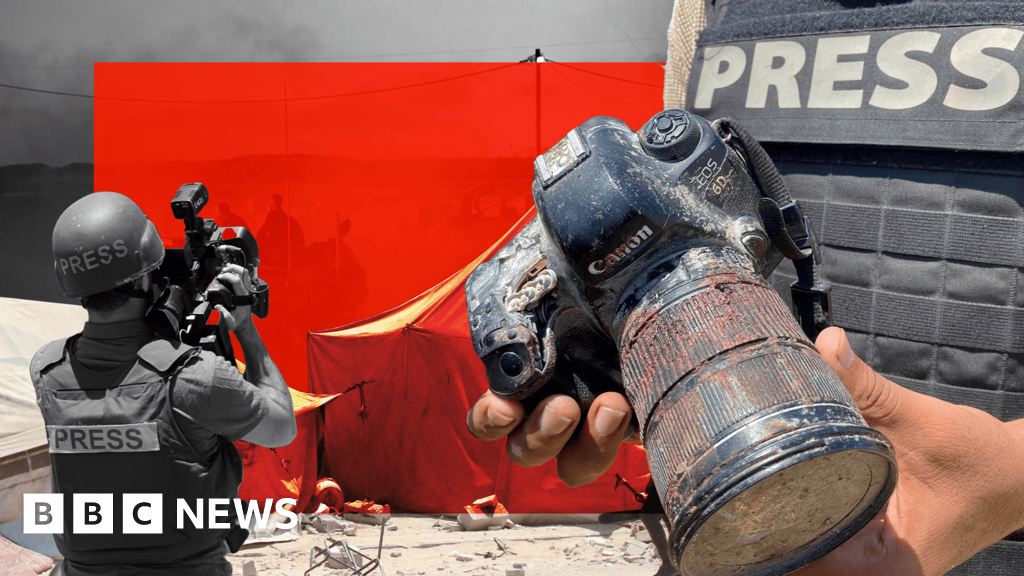I never imagined that one day I would be living and working in a tent, deprived of the most basic human necessities - even water and a bathroom, says journalist Abdullah Miqdad. After 22 months of conflict in Gaza, many journalists are forced to work from hospitals with limited resources, relying on generator power and internet connectivity. Tragically, the recent escalation has resulted in the deaths of journalists, further amplifying the urgency and danger of their work. Many are now feeling not only fatigue, fear, and hunger but also a loss of the ability to express their emotions as the psychological toll mounts. Local reporters in Gaza continue to be pivotal in conveying the realities of the conflict, even as they face the grim effects of warfare, including the immediate threat of being targeted and the ongoing famine affecting the area. A new generation of journalists is emerging, often inexperienced yet determined to cover the pressing stories that define their homeland amidst unprecedented crisis. Yet, the emotional scars remain as they remember their fallen colleagues. Amidst this chaos, the need for journalistic integrity and protection grows ever more critical.
'Exhausted, hungry, and scared': The Brutal Reality of Gaza's Journalists

'Exhausted, hungry, and scared': The Brutal Reality of Gaza's Journalists
First-hand accounts reveal the harrowing conditions that journalists face while working in Gaza amidst ongoing conflict.
In Gaza, journalists are enduring extreme hardships as they report on a relentless conflict. Surrounded by danger and living in makeshift tents, they face the dual threats of war and starvation. With basic necessities scarce, these journalists share their emotional and physical struggles while striving to provide vital news coverage of the situation around them.



















